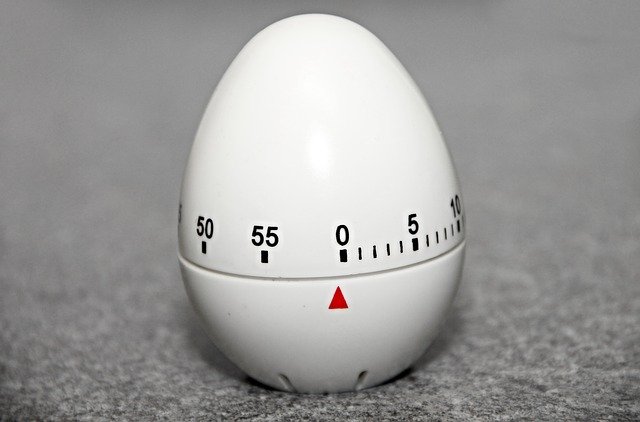Traffic is starting to make inroads into Saar Bar-On’s relationship. When the Givatayim resident decides to stay over with his girlfriend in Ramat Hasharon — 13 kilometers (8 miles) away — he now has to set an alarm for 6 a.m., or hit rush hour and triple his 20-minute drive home into an hour or more.
“Even if I have a meeting hours later, I’ll leave by 6:30 a.m. If I leave at 7 a.m., I’ll sit forever,” said Bar-On. “It’s terrible and getting worse.”
In what might feel like a paradox in the reduced commute era of work from home, traffic has gotten worse since the pre-pandemic period, both in terms of the amount of congestion and the duration of high-traffic periods. In short, Israelis are stagnating in more traffic, more of the time.
According to data from the Waze navigation app, Israeli “road travel” has increased by an average of 23% compared to pre-pandemic levels. In some cities, it’s far worse. Use of the roads has increased by 45% in Beersheba, 38% in Jerusalem, and 29% in Haifa, per the Waze data.
Israel’s busiest stretch of road, Route 20 aka the Ayalon Highway connecting Tel Aviv to the rest of the country, suffers heavy traffic almost nonstop, said Felix Shakhman, head of the Division for Data Collection, Survey, and Research at government company Ayalon Highways, which manages Route 20. Traffic is building up earlier in the day and lasting later into the evening.
Get The Times of Israel’s Daily Edition
by email and never miss our top stories
By signing up, you agree to the terms
“Where you’d once see a busy peak in the mornings and evenings, today we see that it starts at 6:30 a.m., continues all day, and ends late at night,” said Shakhman. “The peaks pretty much don’t exist.”
“We don’t see any relief in traffic, and we don’t expect to see any, if we carry on with business as usual,” added Tal Raviv, an industrial engineer and traffic expert who runs Tel Aviv University’s Shlomo Shmeltzer Institute for Smart Transportation.
The situation is so pressing — so frustrating for road users, and so economically damaging — that Transportation Minister Merav Michaeli has declared a national “traffic crisis.”
But why? Why is this unfolding in a period when so many people have been commuting less and working more from home because of COVID-19?
And what are Israel’s national planners going to do about it?
Too many cars
…….
